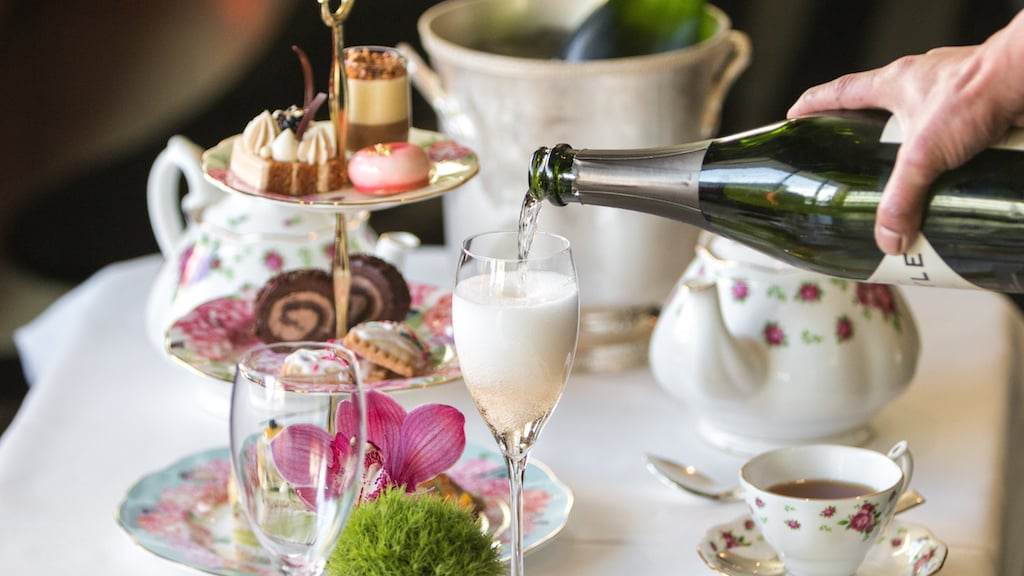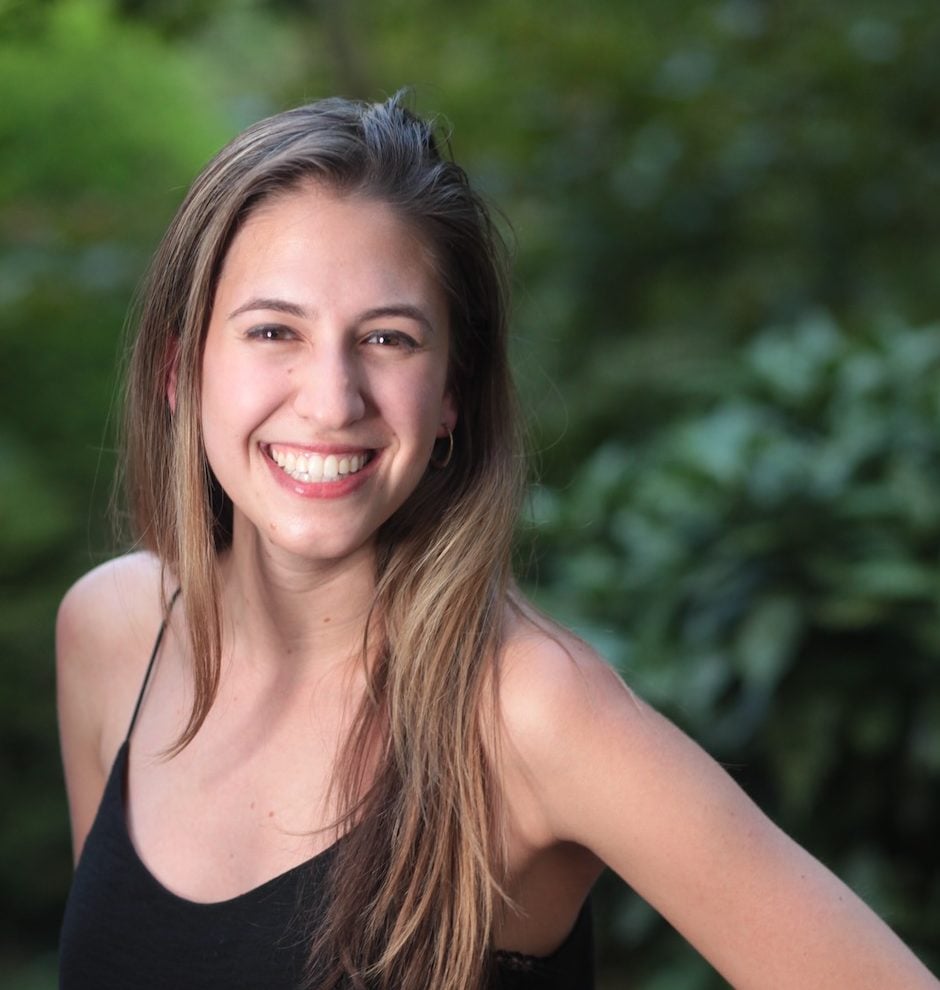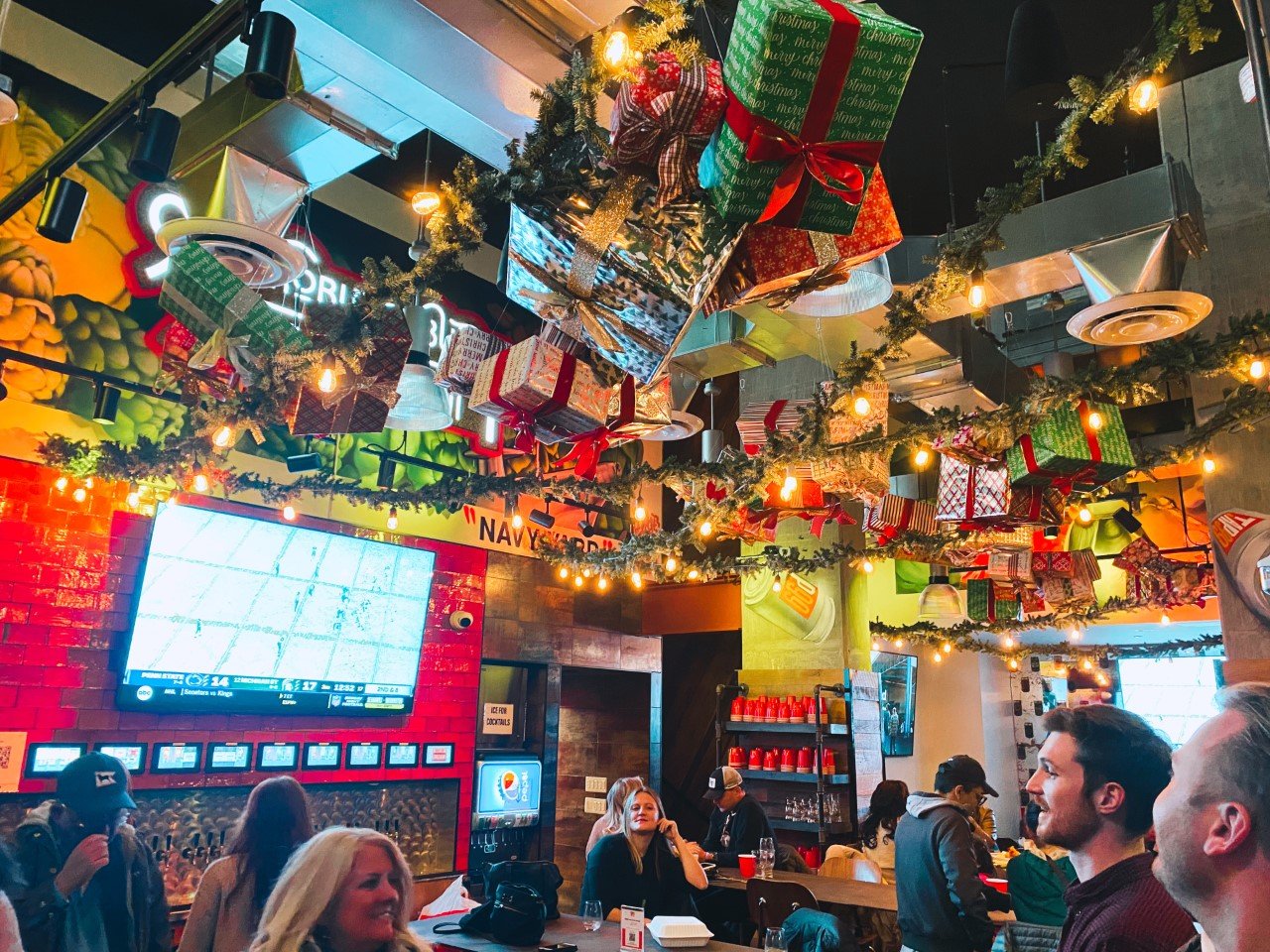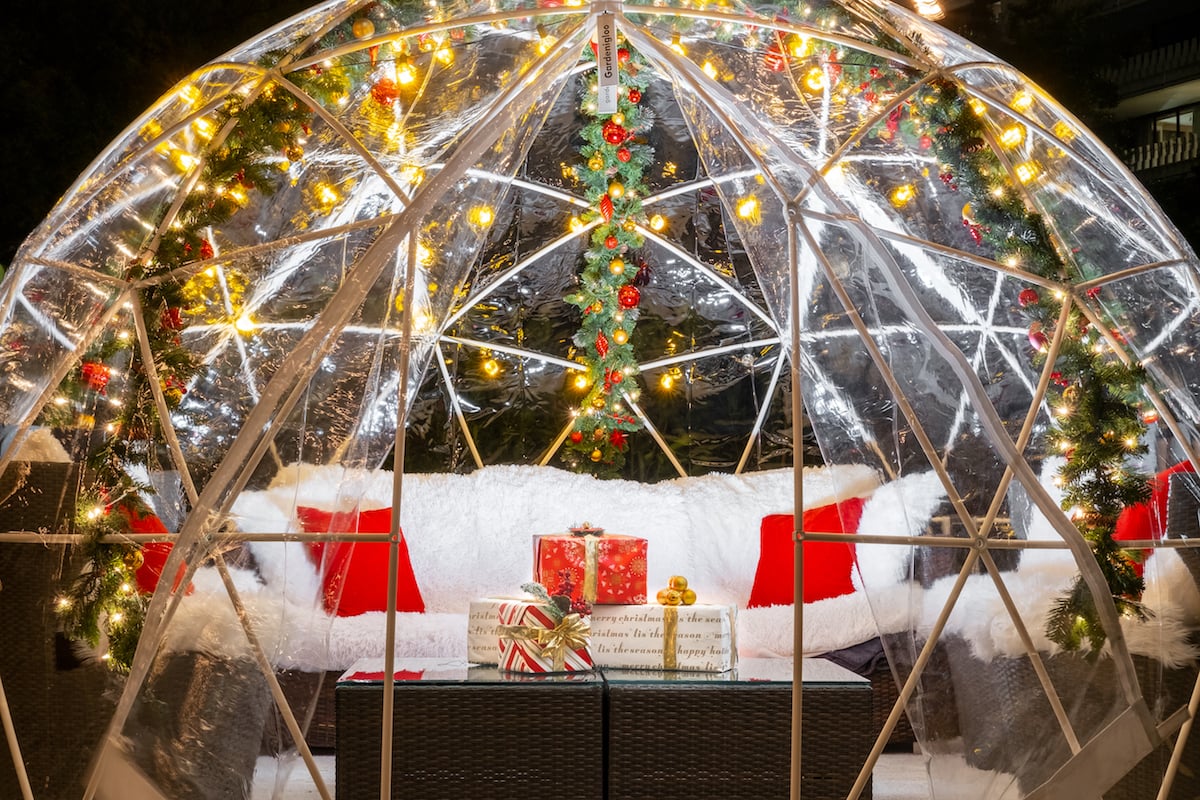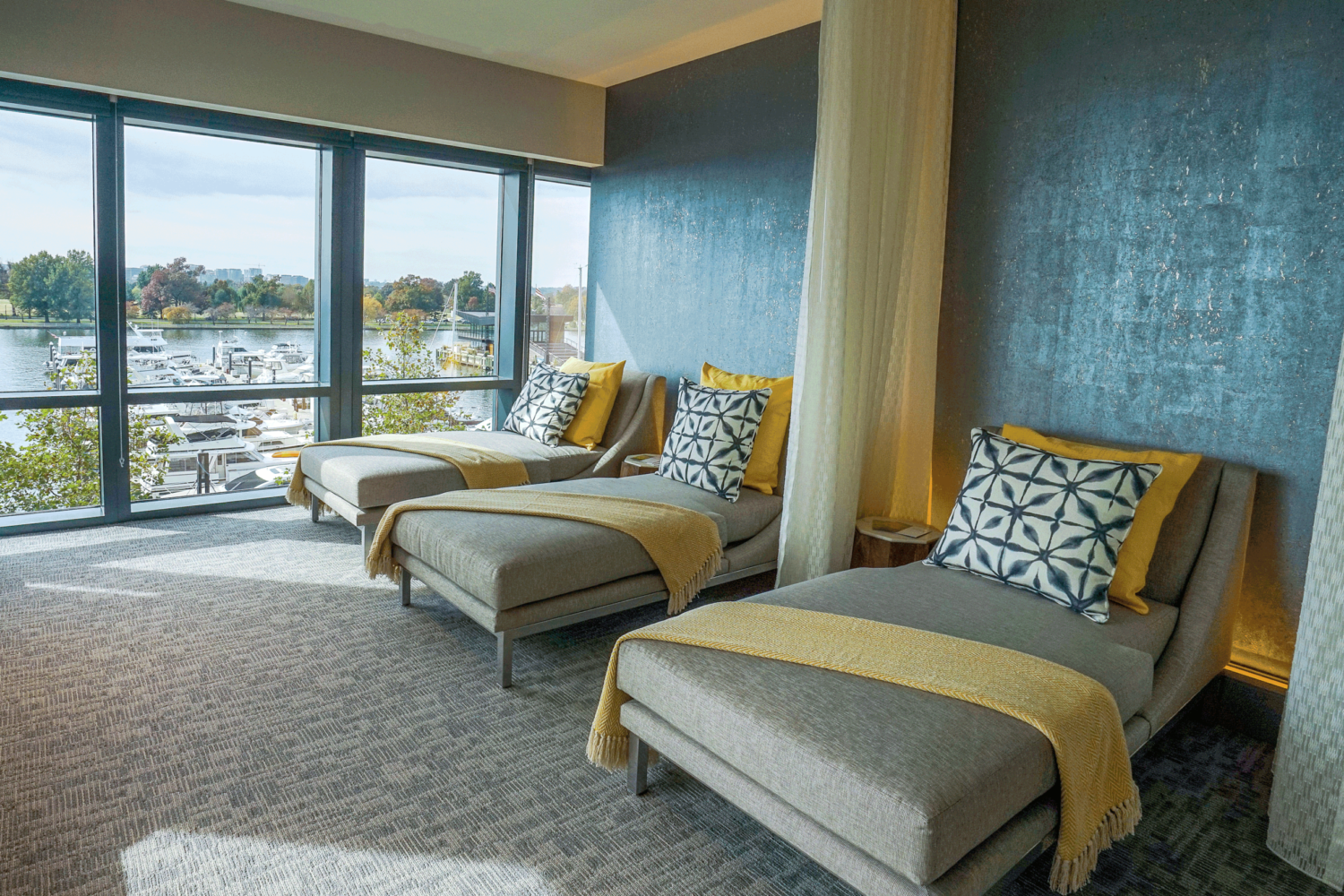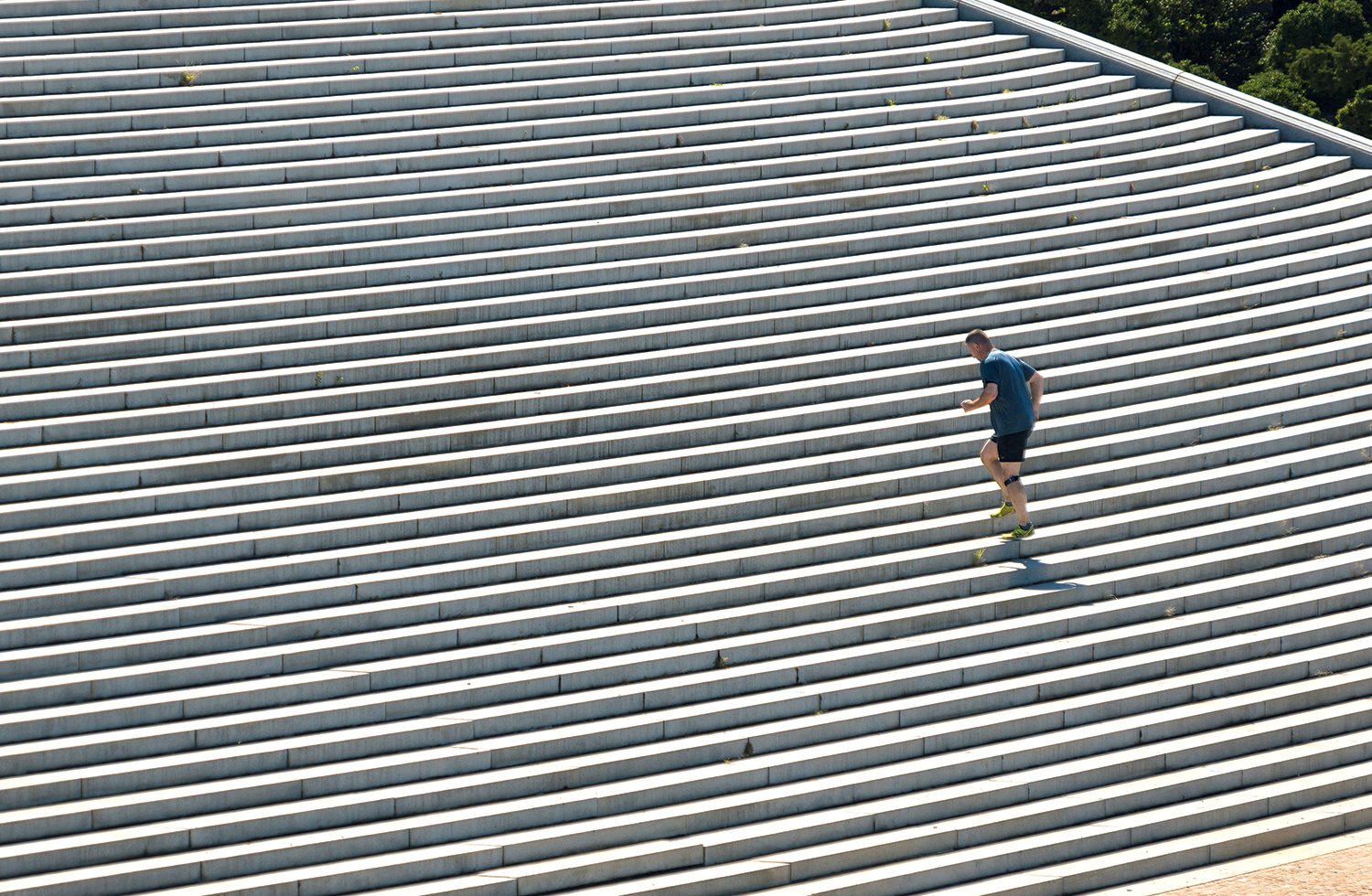Afternoon tea in England is a beloved ritual in many households. But in Washington, it’s a fancy event that’s mostly relegated to luxury hotels. A number of places like the Park Hyatt and Henley Park offer high tea with splurges that range from poached lobster sandwiches at the St. Regis to cherry blossom “sushi tea” at the Ritz Carlton Tysons Corner. Now the Watergate is joining the club with a new afternoon tea service that contains the biggest splurge of all: private reserve, cave-aged pu’erh tea. The 1949 vintage goes for a whopping $350—that is, on top of the regular afternoon tea price of $50.
So yes, that’s $400 for tea—though for tea snobs who know pu’erh, the price is far from surprising, especially for a variety that’s been aged for 75 years. This unique tea variety has drawn an intense cult following, with a prestige that’s comparable to a vintage Champagne or decades-old Scotch. It originates in China’s southwest province of Yunnan, where it’s aged in caves and allowed to naturally ferment. The changing nature of the tea’s bacteria over time is what transforms it into the dark, earthy brew patrons can sample on the Watergate’s new menu.
For anyone who’s curious but doesn’t want to drop the equivalent of a night’s stay at the Watergate, there are other options. The menu includes two younger pu’erhs, one aged since 1982 for $55 extra, and a 2001 vintage for no additional cost.
Describing the difference in taste across the three varieties, Watergate tea sommelier Hugo Sánchez explains, “The older you get, the more earthy, mushroom, and forest-floor notes you’ll taste. The 2001 pu’erh is more fresh, sweet, and herbal, but with the 1982, you can taste the transition to something earthier, with flavors of tobacco or chocolate depending on how long you steep it.”

On the menu, the pu’erhs are accompanied by several oolong and blossom teas in a section entitled “Performance,” a term Sánchez says encapsulates the way these teas “give you a show in the teapot while they steep.” Take the Moonlight Jasmine Blossom: little bundles of jasmine in the tea actually “blossom” or expand in the pot while it warms.
As for the classic and herbal sections of the menu, Sánchez says a few unusual options are worth a try. The Forbidden Forest Lapsang Souchong blends a uniquely smoky smell with a light, sweet taste (“It messes with your senses!” he says), while the Fields of France Rooibos tastes floral and sweet—and according to one recent guest, smells like cotton candy.

Like at any respectable tea service, the drink is accompanied by a selection of finger sandwiches and petit fours served on a three-tiered array of floral plates. Kingbird chef Michael Santoro riffs on the classics with upscale touches. A crustless cucumber sandwich gets a boost from watercress and radish; traditional egg salad is enhanced with black truffle and a fresh quail egg; and a smoked salmon sandwich gets a sprinkling of salmon roe. Each one is small enough to hold in one hand and finish in three bites—just as the British do.

The sweet options, however, stray a bit further from tradition, taking on a retro, 1970’s vibe in honor of the hotel’s 50th anniversary. Trays include tasty mini pop-tarts, chocolate ho-hos, bite-sized spiced carrot cakes, and delightful hazelnut pot de crèmes. And what would tea be without scones? The Watergate’s warm rounds are laced with orange zest and cranberry, and served with a variety of homemade jams and Devonshire cream for slathering.
The Watergate Hotel. 2650 Virginia Ave., NW; 844-617-1972.

